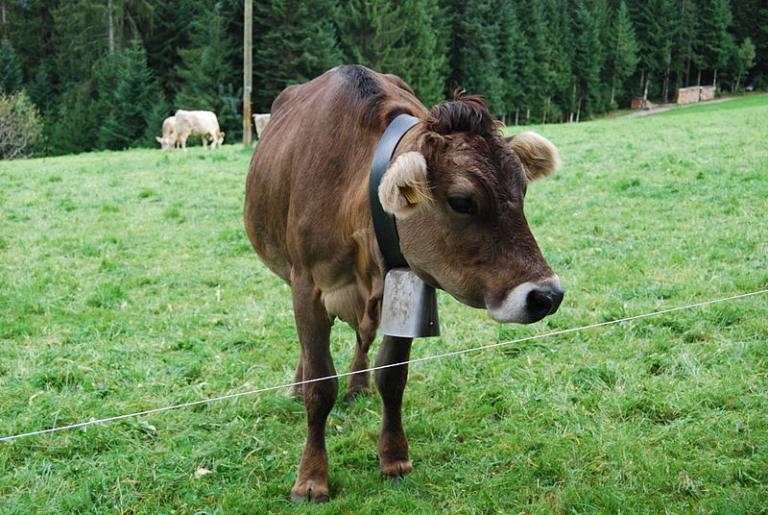
We all suspect that crocodiles, much as they may genuinely like us, are not actually our friends. And there’s reason for the suspicion: Evidently, they eat roughly a thousand people each year. (Even taking into account the allegations of my most hostile critics, who like to ascribe to me just about every form of depravity and unethical behavior known to humankind, that’s more than I do.)
Ranking right up there with crocodiles, of course, are sharks. Scary beasts. Silent. Invisible. They keep more than a few people out of the sea altogether.
I myself remember being out once, probably before my mission, far off the coast of San Clemente, California. I was, foolishly, pretty much by myself; my friends were all considerably closer in to the shore.
Suddenly, I saw a large gray fin about fifteen or twenty feet away.
It’s amazing what a thrill that was. I realized that I could not possibly make it to the beach before that fin could catch me. So I stayed as still as I possibly could. Except for my heart, which was thumping so loud that it could probably be detected by submarines off the coast of Japan and may well have interfered with whale navigation.
Happily, though, I soon saw another gray fin. And then another. And another. And, realizing that sharks aren’t very sociable and don’t travel in pods, I quickly knew that these were dolphins, not sharks.
Which, by the way, I took be very good shark-related news, from my human perspective. The science is apparently somewhat ambiguous on this question, but open-water swimmers tend to be convinced that dolphins hate sharks and that, if there are dolphins in the area, the dolphins will protect them from a shark attack. And dolphins, being more agile, more intelligent, and organized into groups, can often defeat sharks.
Anyhow, the pod of dolphins that surprised me off of San Clemente swam past me, about four or five feet away, and continued calmly on their way. (I doubt that they even still talk about me very much.) And I went in closer to the beach.
There’s no question that sharks — certain kinds of sharks, anyway — are potentially quite dangerous to humans.
But here are the surprising facts: Sharks kill about five people every year. Horses, though, typically kill about twenty people a year. Four times as many. However, the really lethal animals are cows, who kill about twenty-two humans annually.
It may be time to outlaw them.
But, of course, I’m omitting many of the most lethal animals on the planet: Mosquitos, for instance, kill hundreds of thousands of people annually by spreading malaria.
And then there are deer. They cause hundreds of deaths each year, mostly by dashing out in front of cars. Perhaps these are deliberate suicide attacks in a yet-unrecognized crusade against human encroachment on their habitat?











